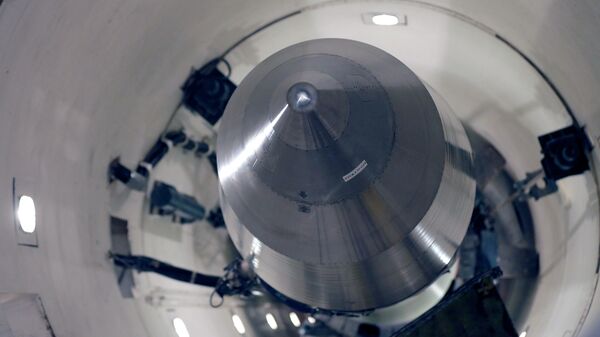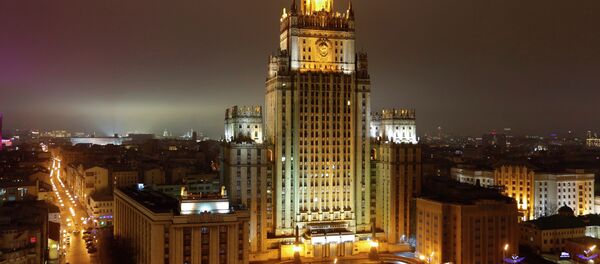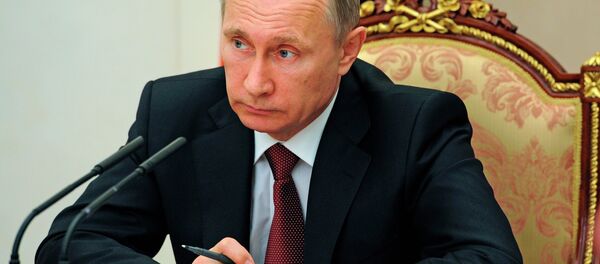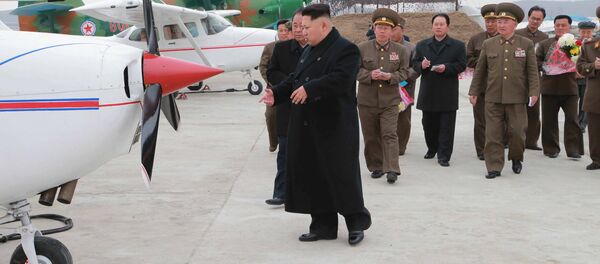Retired Gen. James Cartwright — who was vice chairman of the Joint Chiefs of Staff before retiring in 2011 — told the Associated Press that "de-alerting" nuclear weapons could reduce the likelihood of launching them in response to a false attack warning.
— Derek Johnson (@derekjGZ) April 13, 2015
Just adding a little more time necessary to launch — which would do nothing to affect the deterrent value of the weapons — could make all the difference, said Cartwright, who was also the head of Strategic Command from 2004 to 2007.
The US has evaluated this option in the past and consistently rejected it, and with US-Russia relations at a tense moment over the crisis in Ukraine, it is unlikely either nuclear superpower will agree to any steps that might give the other a perceived edge.
Cartwright said that its an idea that should be revisited since "the sophistication of the cyberthreat has increased exponentially" in recent years.
"It is reasonable to believe that that threat has extended itself" into nuclear weapons systems, he added. "Have they been penetrated? I don't know. Is it reasonable technically to assume they could be? Yes."
The US currently has 450 Minuteman 3 missiles ready to launch from underground silos within minutes of a presidential order, day or night. Cartwright has proposed a system that would require 24 to 72 hours before the missiles would be ready to launch.
— FactDose (@Fact_Dose) August 29, 2014
The administration believes those missiles need "to be ready and effective and able to prosecute the mission at any point in time," Robert Scher, the top Pentagon official dealing with nuclear policy told Congress this month about why "de-alerting" was not an option.
Next Close Call Could be Catastrophe
The Union of Concerned Scientists cites many high-level government and military officials who have called for "de-alerting" including former President George W. Bush who, in a campaign speech in 2000 called the high-alert status "an unnecessary vestige of Cold War confrontation."
As the UCS explains, during the Cold War, "Military strategists feared a 'bolt from the blue' Soviet first strike, involving hundreds or thousands of nuclear weapons that would compromise our ability to retaliate."
This meant that the US military was so concerned that weapons be ready to launch quickly that — to give one almost unbelieveable example — for 20 years, the launch code on every Minuteman silo was 00000000.
Groups like the UCS and the Nuclear Threat Initiative highlight recorded incidents of close calls where technical malfunction — not even a purposeful malicious cyber attack — nearly led to accidental nuclear launches.
— NTI (@NTI_WMD) October 9, 2014
Perhaps the most often cited of these is the incident in 1980, under President Jimmy Carter, when a defective computer chip caused a false report that the Soviet Union had launched over 2000 nuclear missiles. US missile crews had their safes open, and bomber crews were starting their engines before it was declared a false alarm.
The Global Zero Commission, which works to eliminate the world's nuclear arsenals, recently published a report — co-authored by Cartwright and the commission's founder, Dr. Bruce Blair — which they will present to the United Nations on Thursday. They propose phasing out the high-alert status of US and Russian nuclear arsenals. Twenty percent would be de-alerted the first year and all would be gradually brought off high alert over 10 years.
The report calls cyberthreats "a new wild card in the deck."







